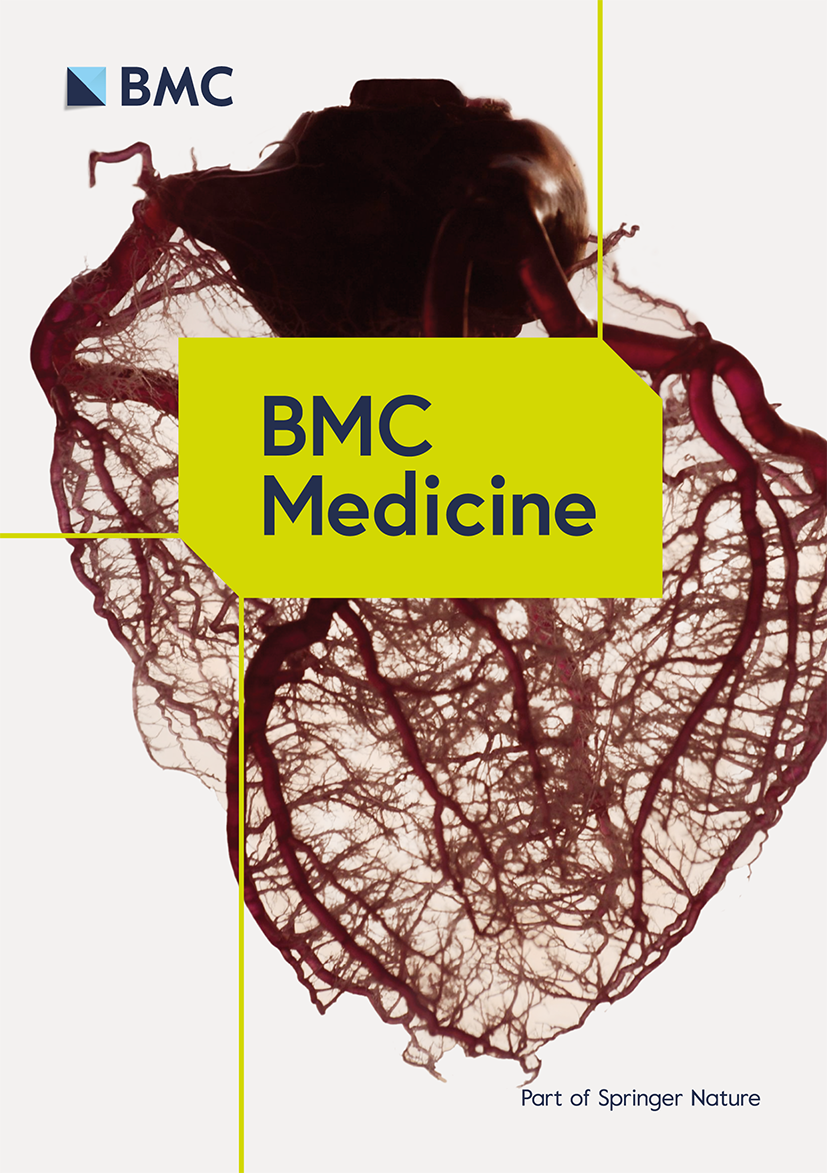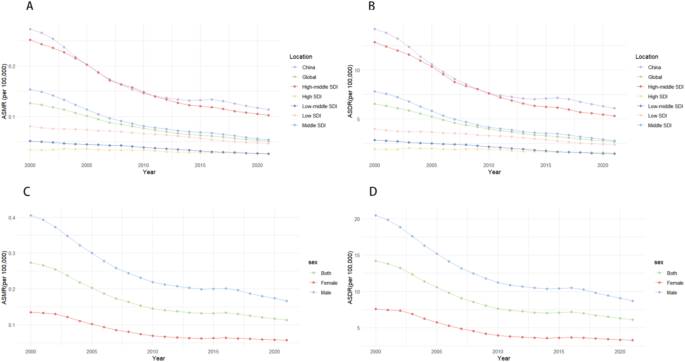Proteomics-based mortality prediction modeling in type 2 diabetes: new promise for personalized treatment and prevention | BMC Medicine

In a recent BMC Medicine article, Luo et al. [5] presented findings from a targeted proteomics study using data from the KORA(Cooperative Health Research in the Region of Augsburg), including the KORA S4 discovery cohort and the KORA Age1 validation cohort. The study aimed to construct a mortality prediction model incorporating both protein biomarkers and traditional clinical factors, examining the relationships between plasma protein levels and all-cause and cause-specific mortality in T2D and non-T2D populations.
The study analyzed 233 proteins in the KORA S4 cohort through proximity extension assay (PEA) technology, with an additional five validated protein biomarkers measured by other methods. Ninety proteins that showed statistically significant associations with all-cause mortality were further examined in the KORA Age1 cohort, refining the protein models to highlight the most critical proteins for mortality prediction. The results showed that in T2D patients, 35 proteins were positively associated with all-cause mortality, with several also linked to cardiovascular and cancer mortality—such as KIM1 and CHI3L1. In the non-T2D cohort, 62 proteins were associated with all-cause mortality, and many also related to cancer-specific mortality, such as IGFBP-2 and CHI3L1.
The study highlighted the role of immune and inflammatory processes in mortality across both cohorts. Moreover, the identification of a T2D-specific mortality pathway related to insulin-like growth factor (IGF) transporter regulation suggests that unique biological processes within T2D patients may contribute significantly to early mortality risk.
While the study presents a rigorous design and valuable insights, some limitations warrant consideration. First, there is a notable age difference between the validation cohort (KORA Age1, ages 65–93) and the discovery cohort (KORA S4, ages 55–74). It remains unclear whether age was adequately accounted for, raising questions about whether specific protein-mortality associations might differ in younger T2D populations, thus limiting the generalizability of the findings. The relatively short follow-up period (6.9 years) in KORA Age1 may also hinder long-term analyses of mortality risks, especially regarding weaker associations with cancer and non-T2D mortality.
Second, the PEA technique provides only relative, not absolute, protein concentration measurements, which could constrain clinical applicability. Although five proteins were validated through other methods with consistent results, verifying additional key proteins’ absolute concentrations would enhance the study’s reliability and accuracy. While several potential confounders were controlled, other influential factors—such as genetic predispositions or lifestyle variations—could also impact protein levels and mortality associations, and should be considered.
Lastly, despite the study’s robust double-validation approach, analyses of certain cause-specific deaths such as cancer-related mortality may suffer from insufficient statistical power due to limited sample sizes, follow-up duration, diabetes severity, and blood vessel damage assessments. Notably, the study does not address whether the degree of diabetes control influences mortality outcomes.
The potential applications of proteomics in T2D are vast, spanning disease pathogenesis elucidation, biomarker discovery, therapeutic target identification, risk assessment, and prevention strategies. For instance, You et al. [6] developed a disease- and death-specific proteomic risk score (ProRS) using plasma proteomics and artificial intelligence, demonstrating clinical utility in predicting major health outcomes. Similarly, Slieker et al. [7] employed advanced protein screening to identify biomarkers associated with glycemic deterioration in T2D, while Unterhuber’s team [8] integrated proteomics with deep learning to improve mortality prediction accuracy. Such advancements underscore the broad implications of proteomics for enhancing disease prediction accuracy, optimizing personalized treatments, and advancing drug development and validation, ultimately contributing to preventive and therapeutic strategies.
link







